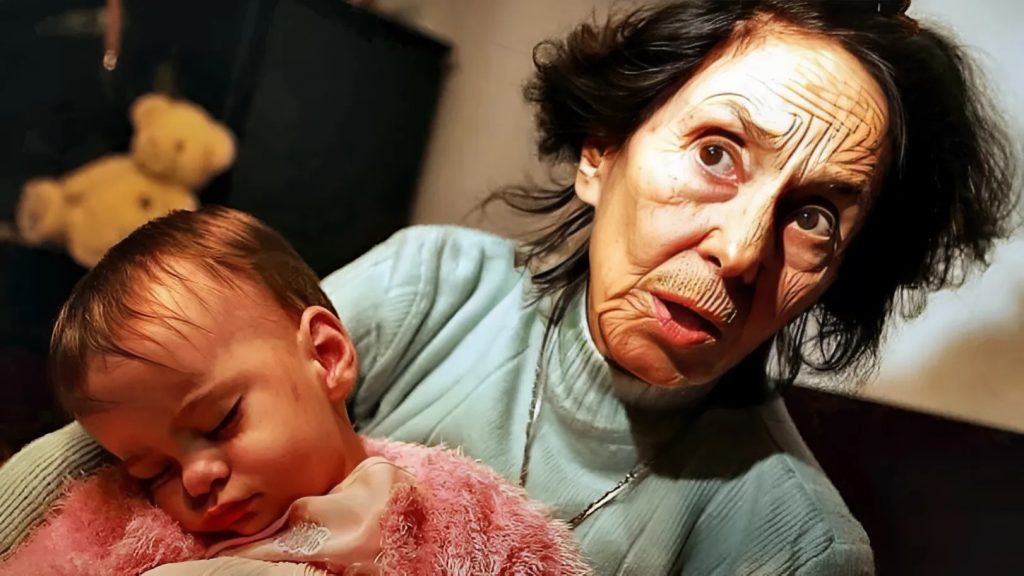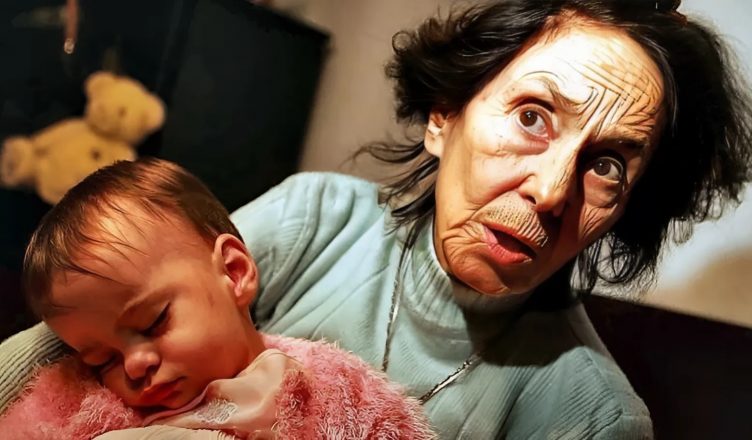In a world where time and biology often dictate what’s possible, one woman chose to defy both. Her story sparked worldwide headlines, ethical debates, and emotional discussions across every corner of the globe. In 2006, María del Carmen Bousada de Lara, a retired Spanish department store employee, made history by giving birth to twins at the age of 66. It was a decision that stunned millions — and changed the course of her life, and that of her children, forever.
Now, 15 years later, the question remains: What happened to the woman who became a mother at an age when most people are preparing for retirement? And more importantly — how did her sons grow up?
The Beginning: A Dream Delayed, Not Denied
María spent most of her adult life caring for her aging parents. She never married and never had children. But she always wanted to be a mother. When her mother passed away, María — already in her 60s — made a bold decision. She would no longer wait for life to happen. She would make it happen.
After being denied fertility treatment in Spain due to her age, she flew to Los Angeles, California, where she underwent IVF. To qualify, she told doctors she was 55. In truth, she was 66. The treatment was successful. In December 2006, she gave birth to twin boys — Christian and Pau.

The news exploded across the media. Overnight, María became both a symbol of hope and a target of controversy. Was she a brave woman realizing her dream? Or was she reckless, bringing children into the world she might not live long enough to raise?
A World Divided
Public opinion was sharply divided. Supporters praised her courage. Critics condemned her decision. Medical professionals questioned the ethics of treating someone her age. Politicians called for stricter regulations. But María stood firm. She believed age was just a number, and that love was the most important thing a mother could offer.
In interviews, she said she hoped to live long enough to see her sons grow up. She had longevity in her family, she argued — her mother had lived past 100. She believed she could do the same.
But fate had other plans.
A Life Cut Short
In 2009, just two and a half years after giving birth, María died of cancer. Her sons were barely three years old. The same media that had once celebrated her boldness now asked: Was this avoidable? Was it fair to the children?
Following her death, the twins were placed under the care of María’s nephew and his wife. They moved in with family, far from the spotlight that had surrounded their birth. The public attention faded. The headlines disappeared. But the story didn’t end.
Life After the Headlines
Fifteen years have passed. Today, Christian and Pau are 18 years old. They’ve lived quiet lives in the south of Spain, away from cameras and curiosity. Raised by their extended family, they were given a stable home, an education, and the opportunity to grow up outside the shadow of the controversy.
According to local sources, one of the boys has shown interest in technology and plans to study computer science. The other is passionate about football and trains regularly with a regional youth team. Neither of them has spoken publicly about their mother. For them, she’s not the global headline — she’s a memory, a photograph, a presence they never truly got to know.
The Legacy María Left Behind
María’s decision had a lasting impact beyond her family. Her story prompted discussions in medical circles around the world. After her death, several countries reevaluated and revised their IVF regulations, placing stricter age limits and health requirements on prospective parents.
Her case remains a turning point in the conversation about reproductive freedom, medical ethics, and the meaning of responsible parenthood. But behind the policy shifts and ethical debates are two young men — the real legacy of María’s choice.
Their lives are proof that behind every controversial headline is a human story — raw, complex, and often deeply emotional.
The Human Cost — and the Human Heart
Was María wrong to pursue motherhood at 66? Or was she simply chasing a dream the world told her was no longer hers to claim? That question continues to divide opinion. But no matter where you stand, one fact is undeniable: She gave life to two children. And those children, despite their complicated start, are alive, learning, growing, and charting their own course.
